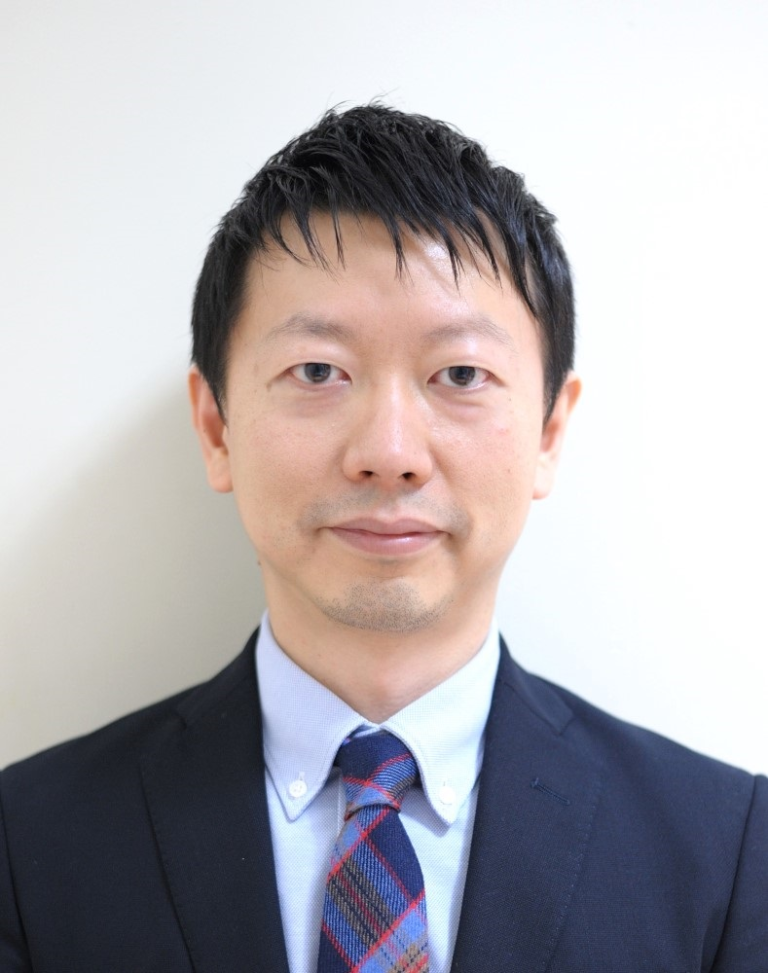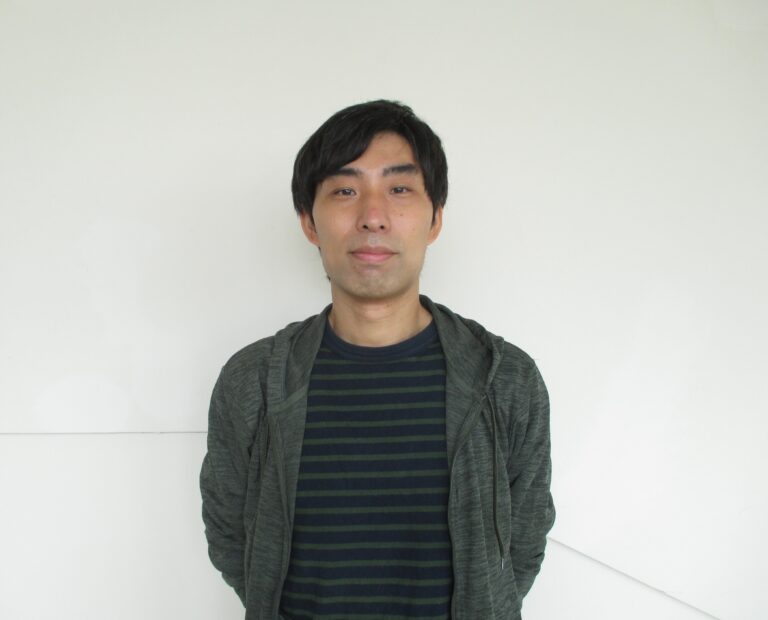Main Research Theme
- Development of drug delivery systems to control antitumor immune responses
- Elucidation of mechanisms of antitumor immune responses using drug delivery systems
- Design of novel anticancer molecules through chemical biology and evaluation of their anticancer activity
Outlines of Research
Our laboratory develops nanotechnology-based drug delivery systems (Nano DDS) to regulate antitumor immune responses and to elucidate their underlying mechanisms. We focus on lipid nanoparticles and other nanoscale carriers that enable precise control of drug behavior in vivo, thereby overcoming challenges such as instability and poor cellular uptake of novel therapeutic modalities.
By combining pharmaceutical science and tumor immunology, we aim to establish innovative cancer immunotherapies. We have developed Nano DDS platforms that deliver adjuvants and nucleic acids to modulate immune cell functions, providing new strategies for cancers resistant to immune checkpoint inhibitors. We are also designing novel anticancer molecules through chemical biology and evaluating their efficacy in preclinical models, contributing to next-generation cancer drug discovery.

